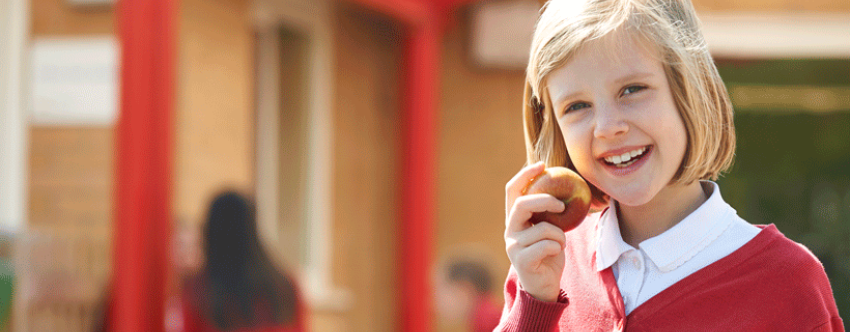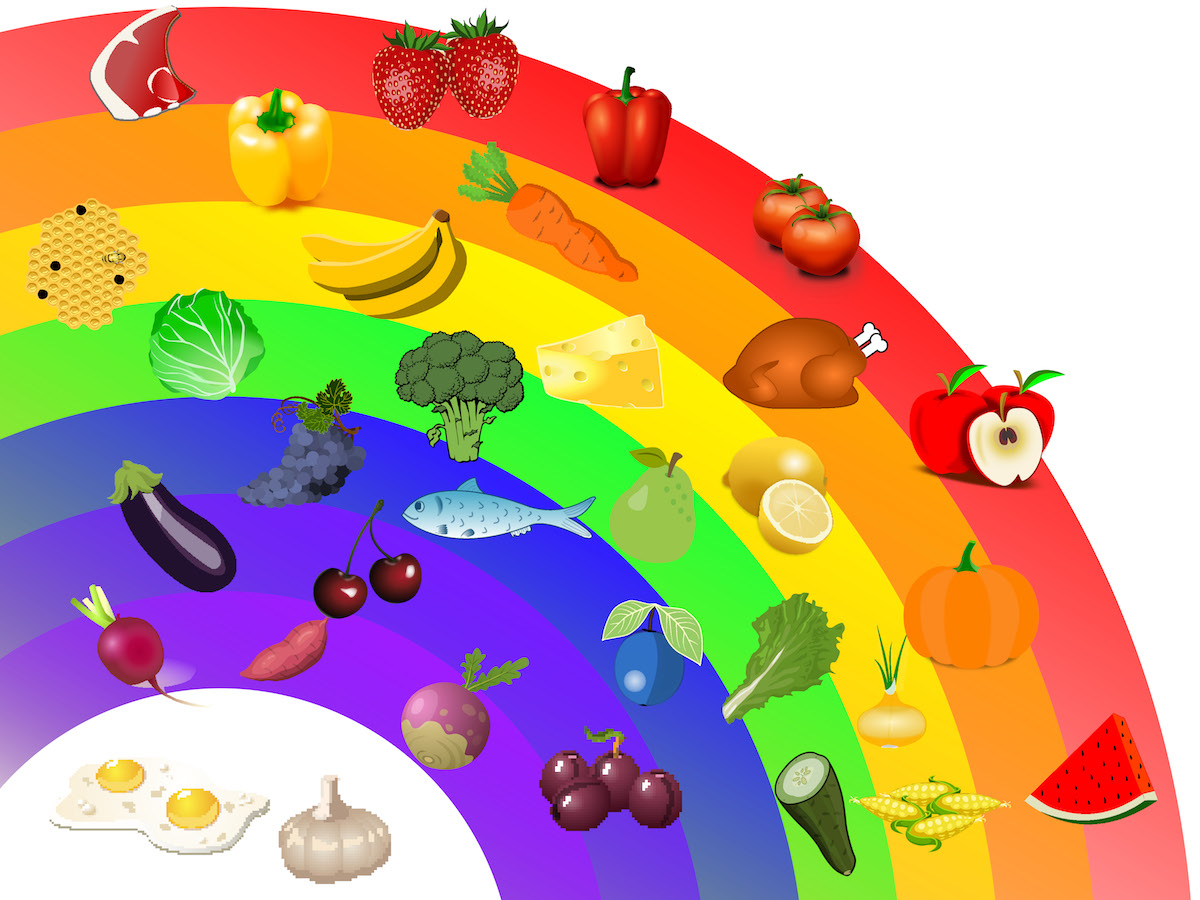News & Views

Food for thought: Encouraging healthy eating
It's Healthy Eating Week (12–16 June 2023)! What better time to raise pupil awareness of dietary choices and their ensuing benefits? Here are some top tips to support children during the week and beyond.
Foster early engagement
Get children involved as soon as possible. This will look different according to the age of the children you work with. For younger children, try offering them the ingredients and tools they need to make a simple snack. Smoothies are usually popular and are a relatively simple way to offer children different fruits/vegetables. Soups might be more suitable at colder times of the year. For older children, task them with imagining a creative (but edible) menu made from a selection of ingredients and see what variety emerges.
Be mindful

Encourage children to consider what helps them feel well and do more of that. Suggest they keep a journal of their healthier habits: noting how they feel before, during and after can help them notice what works and offer them an opportunity to do more.
Make it outcome-orientated
Children can become more motivated to be involved in healthy activities if you share the benefits with them. Try to encourage them to notice that if they do x, it positively affects y. You might like to add an element of challenge here. If children are keen, see how much more they can move around rather than sitting in one position for too long. Encourage active travel (walking, cycling, scooting) and help to make that an easier option for more reluctant children.
Anticipate obstacles
Be aware of possible barriers for children and try to help them overcome some of them. The barrier may relate to time, resources or creativity. Work with them to find ways to work towards making healthier choices the easier choice, but acknowledge that some barriers will be out of their control. Use what resources you have in your setting already.
Set a good example
Be an appropriate role model. Demonstrate to children how you maintain your health, what barriers are in place for you, and how you might have overcome them (or are still trying to overcome them). Be human and show them that being healthy has some flex: you don't have to aim for 'perfect' when 'good enough' will suffice. If you struggle to ensure you drink enough during the day, ask children for their help to remind you to drink frequently. Perhaps make it into a class task so everyone stays hydrated.

Make it fun!
Focus on enjoyment. Often, focusing on being healthy can feel a little worthy! Therefore, try to introduce some fun so that children (and adults) stay interested. Children are more likely to maintain healthy habits in the long term if you help them see that making healthier choices can be enjoyable.
Creative ways to eat healthily
- Eat a rainbow. Encourage children to research their own 'food rainbow' by listing different-coloured foods. As a class activity, they could bring one item in each and try tasting them. Challenge each pupil to see if they can find a food item from each colour group that they like and create their individualised food rainbow.
- Pack it up.Inspire pupils to consider more variety with their school mealtimes and gain more agency in what they eat. Download and share the healthy lunchbox planner from Safefood.

Go outside
Use the outdoors as much as you can. When it comes to moving around more, encourage children to be outdoors and simply explore. Being outside has enormous benefits for most children. Allowing them to just 'be' outside – to roam and be curious – is often more beneficial than organised activities (though these have their place too). If you have the space, consider helping children learn more about where food comes from by starting a growing area. You could grow easy crops (salad leaves, radishes or cress) and encourage children to try new things. They will likely try something different if involved in the growing process. Find out more from a previous blog: Where food comes from.
It's worth noting that when you try to encourage children to make healthier choices, some children will likely not take on the information. This might be for a variety of reasons. For example, some children might not have the life experience or cognitive skills to understand the consequences of their actions. So thinking about their future health might feel meaningless. They might not imagine beyond the 'here and now', so their decision-making is limited, mainly concerning their age and functional brain development. It is difficult for some children to marry knowledge with application when the messages they hear about health are far from 'real life'.
What we as adults might think is an obvious 'healthy' choice might not appear so for some children. Their ability to make healthier choices might also relate to the following:
- some learning difficulties and disabilities
- some neurodevelopmental conditions
- some chronic health problems (particularly those that mean eating fruit and vegetables is not always the best option for them).
Remember that some children don't feel good about themselves and might struggle to understand why they deserve to be healthy. Their self-esteem and self-worth might be low, informing their decision-making and behaviour. Equally, children whose ability to think logically and make informed decisions about their health might not be able to do so in the moment because other stronger emotions or feelings have hijacked their thinking.
Health-promoting messages that are well-evidenced, however, will never go to waste. Even if it feels like some children aren't taking on what you are trying to promote, they might recall it months or years later and benefit from it later instead, or pass it on to someone else, so keep going – even if it feels repetitive!
Discover more ways to impact your pupils' physical, mental and emotional health with the Pupil Wellbeing Award.
About the author

Joanna Feast is an education consultant specialising in PSHE education across the age ranges. She is also the founder of Clean Well-Being and author of the Outdoor Learning Award.